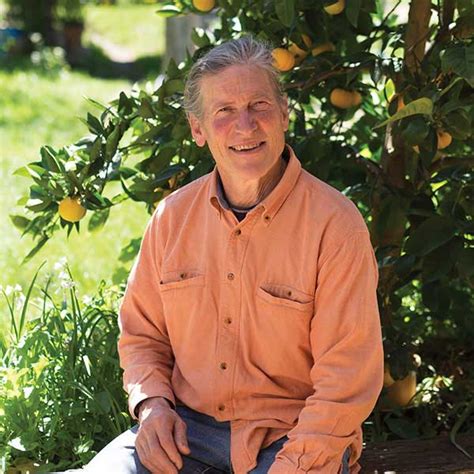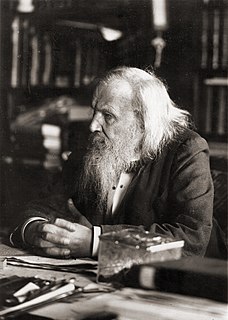A Quote by Bill Mollison
Permaculture is the conscious design and maintenance of agriculturally productive ecosystems which have the diversity, stability, and resilience of natural ecosystems. It is the harmonious integration of landscape and people providing their food, energy, shelter and other material and non-material needs in a sustainable way. Without permanent agriculture there is no possibility of a stable social order.
Quote Topics
Related Quotes
Permaculture offers a radical approach to food production and urban renewal, water, energy and pollution. It integrates ecology, landscape, organic gardening, architecture and agro-forestry in creating a rich and sustainable way of living. It uses appropriate technology giving high yields for low energy inputs, achieving a resource of great diversity and stability. The design principles are equally applicable to both urban and rural dwellers
Although it is tempting to think of these natural landscapes as reflecting a stability in climactic and geologic forces, long periods of climactic and geophysical stability actually result in a rundown of the energy available to ecosystems and people. Geologically young regions with recent mountain building and volcanism tend to be much more biologically productive and have supported large populations of people despite their vulnerability to natural disasters. Geologically old regions (like most of Australia) tend to have low biological productivity and supported fewer people.
Permaculture principles focus on thoughtful designs for small-scale intensive systems which are labor efficient and which use biological resources instead of fossil fuels. Designs stress ecological connections and closed energy and material loops. The core of permaculture is design and the working relationships and connections between all things.
[The] dynamics of computational artifacts extend beyond the interface narrowly defined, to relations of people with each other and to the place of computing in their ongoing activities. System design, it follows, must include not only the design of innovative technologies, but their artful integration with the rest of the social and material world.
To achieve true sustainability, we must reduce our "garbage index" - that which we permanently throw away into the environment that will not be naturally recycled for reuse - to near zero. Productive activities must be organized as closed systems. Minerals and other nonbiodegradable resources, once taken from the ground, must become a part of society's permanent capital stock and be recycled in perpetuity. Organic materials may be disposed into the natural ecosystems, but only in ways that assure that they are absorbed back into the natural production system.
Cities should function more like ecosystems, or even metabolisms. When we build, we should be thinking about how we can integrate into the ecosystems around us, but without sacrificing all the niceties of civilization like good restaurants, concert halls, and high-speed Internet access. I'm saying that partly tongue-in-cheek, but I'm also deadly serious. The future of technology is sustainable ecology.
Permaculture is a design system for creating sustainable human environments...Permaculture uses the inherent qualities of plants and animals combined with the natural characteristics of landscapes and structures to produce a life supporting system for city and country, using the smallest practical area.
The UK still has time to accelerate the take-up of renewable energy and put the nation on a path towards clean energy that is cheaper, stable and more sustainable. We have a stark choice: We can stay stuck in the last century's boom and bust approach to our economy in the way we consume energy and resources, or create a sustainable, stable and renewable energy infrastructure with the long term environmental and employment benefits that ensue
We don't think a sustainable society need be stagnant, boring, uniform, or rigid. It need not be, and probably could not be, centrally controlled or authoritarian. It could be a world that has the time, the resources, and the will to correct its mistakes, to innovate, to preserve the fertility of its planetary ecosystems. It could focus on mindfully increasing quality of life rather than on mindlessly expanding material consumption and the physical capital stock.
We do not need to invent sustainable human communities. We can learn from societies that have lived sustainably for centuries. We can also model communities after nature's ecosystems, which are sustainable communities of plants, animals, and microorganisms. Since the outstanding characteristic of the biosphere is its inherent ability to sustain life, a sustainable human community must be designed in such a manner that its technologies and social institutions honor, support, and cooperate with nature's inherent ability to sustain life.






























